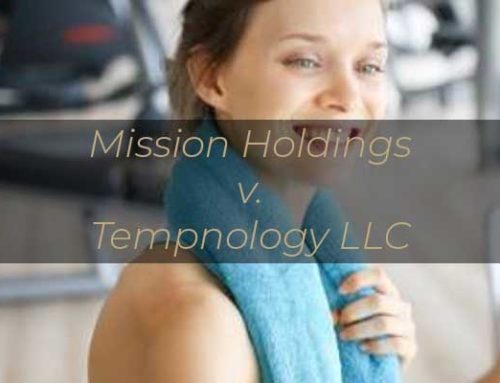The United States Supreme Court recently issued a decision on whether “immoral or scandalous” trademarks could properly be barred under the Lanham Act’s express provisions against such marks. In its decision for In Re Brunetti (June 24, 2019), the Court determined that the Lanham Act’s prohibition on the registration of immoral or scandalous marks violates the First Amendment freedom of speech rights of trademark applicants, in that application of the act, on its face, resulted in viewpoint-discriminatory application (i.e., applying a different, improper standard to marks outside of conventionally accepted standards of morality). The Court acknowledged the Trademark Office’s position that, in practice, such a bar was putatively only applied to exclude marks that are lewd, sexually explicit, or profane. Such a practice was argued to be a viewpoint-neutral application, and thus not necessarily proscribed by the First Amendment. Nevertheless, the Court deemed that even if such application, as practiced, could conceivably be acceptable, the law is clear in its overly broad prohibitory language, and the Court was not in position itself to amend the statutory language to alleviate First Amendment concerns (Congress would be properly and exclusively positioned to make such a change). As a result, the Supreme Court clarified that immoral and scandalous trademarks are not properly prohibited.
At this early stage, it is difficult to discern whether this new decision will trigger a substantial increase the volume and public visibility of immoral and scandalous trademarks in the American marketplace.








